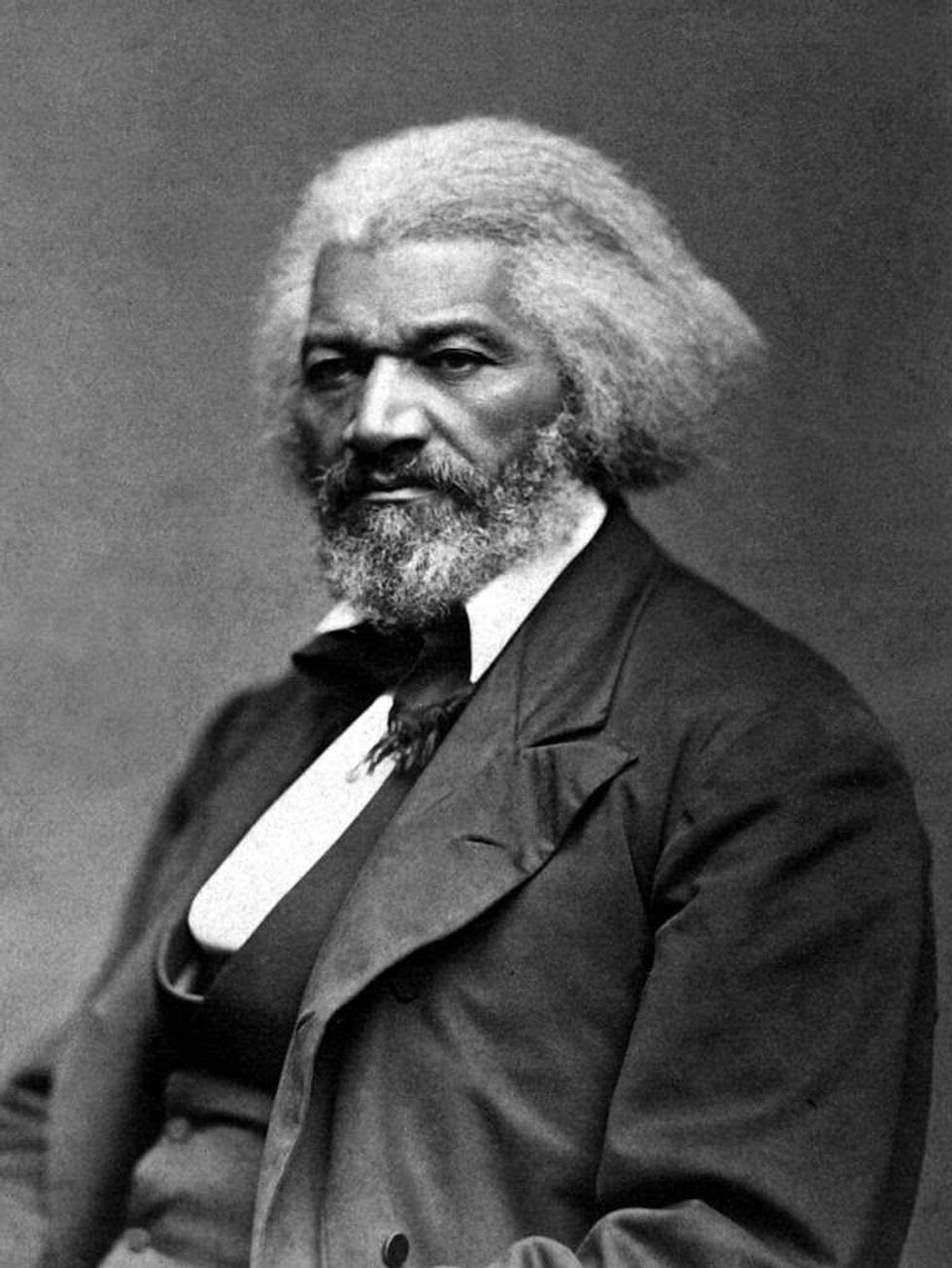This triple Trump voter has finally had enough. You need to hear him
“I’ve had enough,” Adam from Michigan told me in a call to my SiriusXM show last Friday, after identifying as someone who voted for Donald Trump three times.
He plans to vote “against him, up and down the ballot,” next year.
He said it’s not just him — it’s his entire family, and colleagues at work.
“We don’t want to hear any of it — we just turn it off,” Adam said, referring to TV at the office, where most of his colleagues are Republicans who supported Trump.
As we see MAGA Republicans in the House defying Trump on the Jeffrey Epstein files, and Republicans in states like Indiana ignoring Trump’s demands for redistricting and gerrymandering — an attempt to rig the midterms — there’s a clear sign that many GOP officeholders see Trump as a lame duck. They’re not following his every command.
They’re emboldened — and frightened — by the blowout elections for Democrats two weeks ago, which proved Trump is tanking and Democrats are soaring. And they’re looking at the polls where Trump is sinking, not just with a substantial majority of Americans but among Republicans and MAGA too.
It’s on every issue, including immigration and the economy, where Trump is doing the worst.
Adam is one of them. As I told him, I could argue with him for hours about why he voted for Trump three times, and about his claims that Trump’s first term saw a great stewardship of the economy and the handling of the pandemic. But that would get us off course — there’s always time for that.
I wanted him to just explain what had him dumping Trump now and what he planned to do moving forward. A transcript of our conversation follows.
MS: Adam is in Michigan. Hi Adam. Thanks for calling.
Adam: Oh, hey Michelangelo. I am a, I voted for Trump three times, and he is just like, he just right now, it’s amazing how he is not at a 10 percent approval rating. With the Epstein stuff, the tariffs, the economic destruction, the alienation of our allies. Telling Ukraine, you’re on your own. Destroys everything, saying he’s gonna fix things by lowering the tariffs with a mess he created.
Then you have the Epstein files and then he’s in the emails. I think right now is the time every Republican voters should say, “This our chance to dump him, impeach him, remove him, and get back to business.” That’s how I feel like — I’ve had enough.
MS: Tell me a little bit about how, ‘cause you seem very passionately opposed to him, but to vote for him three times, you had to be very passionately in favor of him and supporting him and certainly by that third time. So what is it that really did it for you after he was elected this time?
Adam: Well, the first time was a wild card, like a lot of people, right.
The second time was kind of like, I remember how the economy was pre-COVID, kind of anchored to that. Okay. Like 2020 happened, and then kind of like, this time, I was kind of thinking, Will things be like 2019 again?
I didn’t take him as serious on the tariffs because he talked about in 2015, 2016, but he never actually did it. But then when he did the tariffs this time, it’s like so reckless. With that “liberation day” and like he destroyed our standing in the world. Canada is gonna hate us for like 50 years. I mean, it’s really sad, but I’m just, I did not—
MS: So it was the tariffs first, but then what? The Epstein files? You mentioned a whole bunch of stuff.
Adam: I know, I’m just kind of sick of him, but you know, just, he’s just not the same person, I can’t explain it. He’s just not who he was the first time. Like the first time he cared about the economy more than anything. Like we saw that during COVID, right?
But then this time it’s like.He’s purposely trying to destroy the economy, then trying to act like he’s fixing it. Like I think he’s lost officially lost his mind — well, not officially, but just, he’s just not — he’s a different monster this time. He’s just reckless.
MS: I will, I will agree with you on that. He’s a different monster. Where we will disagree, and I could argue with you about COVID and the economy in the first administration and, you know what he was, but I’m not going to because I’m very happy that you’re now, you know, deciding you don’t support him.
And I do believe he’s a different kind of monster. He wasn’t like this in the first term, but a lot of us saw this coming with Project 2025. He just completely and totally, I think, is captive to these people. He’s kind of checked out.
Are you now going to do what you can in the midterm elections to vote against Republicans to make sure there’s a check on him?
Adam:I thought about the today out on my walk. I was kind of thinking for next election, I think I just have to maybe vote against him up and down the ballot.
I hate to talk about the people who have cancer, but kind of like as a chemo to get rid of the cancer of Trump. I can’t, I mean, no disrespect to people who have cancer. I hate using this analogy ‘cause it’s so disingenuous, but I just dunno how to explain or what to do, you know?
MS: Yeah, I hear you on that a Adam, thank you. I’m glad to hear that. I bet you represent some other people too. Maybe you can quickly tell me, are there other people you know who’ve also decided they don’t like him anymore?
Adam: Oh yeah. I have clients that work, you know, really like ‘hard in,’ said the same thing. They’re all done. All my siblings, my parents. I have colleagues, people at work who are all Republican voters, you know, like the Mitt Romney types, the John McCain types. We’re all done. Like when his staff comes on TV, we just hit the mute button at the office. We don’t wanna hear from any of them, like Peter Navarro or Scott Bessent or any of them.
Like, we don’t wanna hear any of it. We just turn it off.
MS: I’m, I’m glad to hear that. Make sure, do what you can to make sure they vote against Trump, and that means voting for the Democrat on the ticket, particularly in Congress, particularly for the Senate there in Michigan. Very important races in Michigan.
He has to be stopped. If the Republicans do not have the majority, everything stops. He won’t be able to do, what he’s been doing. So make sure you tell them all and organize. Thank you, Adam for the call.
- Michelangelo Signorile writes The Signorile Report, a free and reader-supported Substack. If you’ve valued reading The Signorile Report, consider becoming a paid subscriber and supporting independent, ad-free opinion journalism.



 By Nicole Powers 2025 for Palast Investigative Fund.
By Nicole Powers 2025 for Palast Investigative Fund.  Image:
Image:  Civil rights leader and social reformer Frederick Douglass c. 1879. Public domain.
Civil rights leader and social reformer Frederick Douglass c. 1879. Public domain.